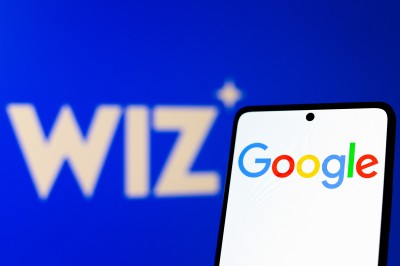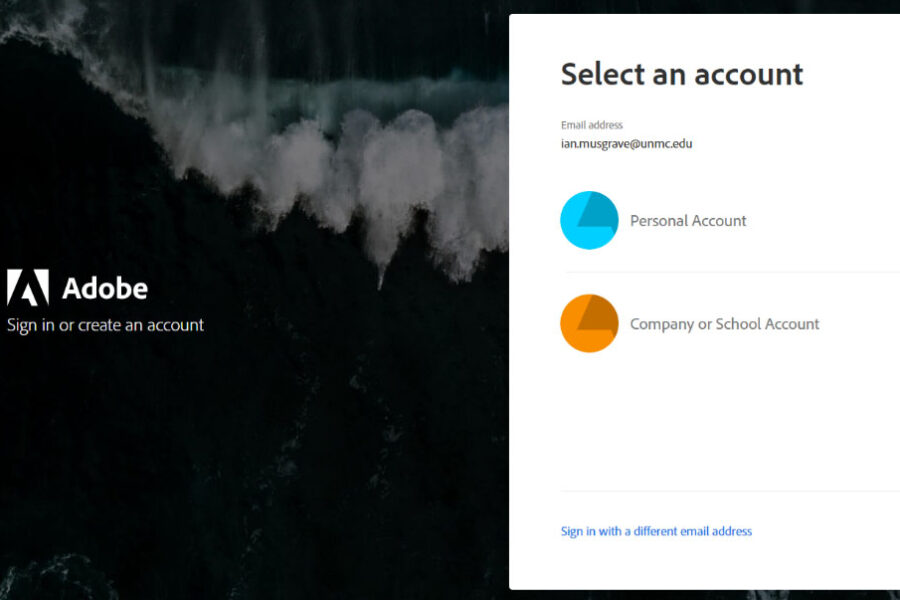Technology News
Understanding Decentralization: The Path to Trustless Financial Freedom
12 August 2024
|
Zaker Adham
Introduction to Decentralization Decentralization is a fundamental concept that sets cryptocurrency apart from traditional fiat currency.
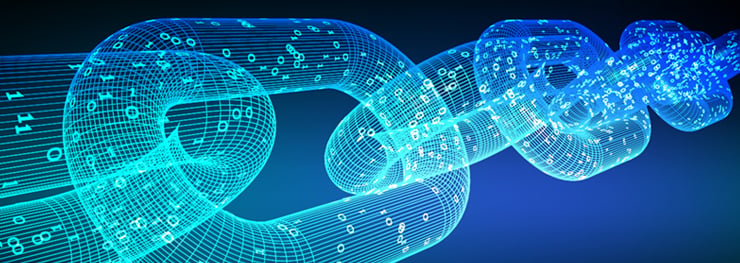
It enables investors to buy, sell, and store their tokens without the oversight or control of third parties like banks. This shift toward decentralization is leading us into a new era of financial freedom, a concept all crypto enthusiasts should be familiar with.
The Evolution of Decentralization in Crypto Decentralization within cryptocurrency traces its roots back to the 1990s. However, it was in 2008 when Bitcoin's founder, Satoshi Nakamoto, clearly defined the practical aspects of decentralization in his groundbreaking Whitepaper. His vision was to enable direct transactions between two parties without needing a trusted intermediary. This idea gained traction following the 2008 financial crisis, which underscored the unreliability of traditional banking systems. Since then, Nakamoto's vision has been the blueprint for nearly every cryptocurrency developed.
How Decentralization Operates In the crypto world, decentralization functions primarily behind the scenes, powered by blockchains. Unlike banks, which verify transactions, decentralized blockchains rely on consensus mechanisms where the community verifies transactions in exchange for rewards. The two most prevalent mechanisms are Proof of Work (PoW) and Proof of Stake (PoS).
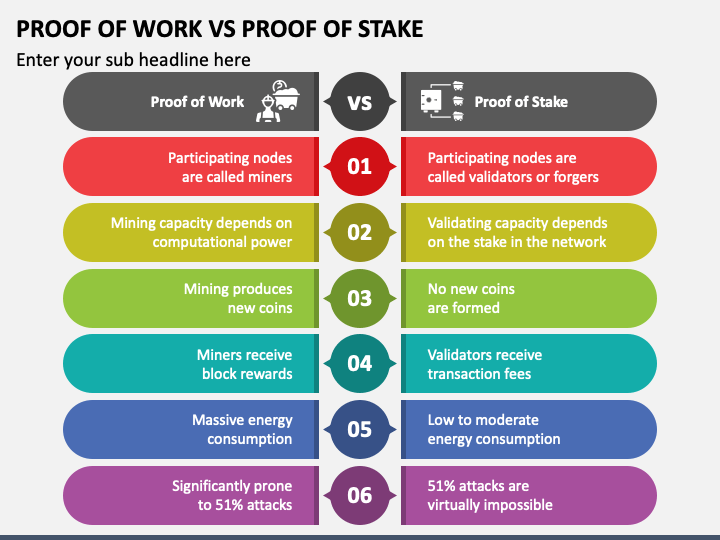
- Proof of Work (PoW): In PoW, network nodes verify transactions and place them into a block. Miners then compete to solve complex cryptographic puzzles to add these blocks to the blockchain, earning crypto tokens as a reward.
- Proof of Stake (PoS): PoS selects validators based on the amount of cryptocurrency they stake. A randomly chosen validator then verifies transactions on the network, earning rewards in return.
Are All Blockchains Decentralized? Not all blockchains are decentralized. While most public blockchains in the crypto space are decentralized, some private blockchains operate under centralized control. Centralization isn’t inherently negative; it depends on the users' needs. For example, a private blockchain might suit a company with a hierarchical structure better.
Transitioning from Centralized to Decentralized Blockchain Some blockchains, like Ripple (XRP), began with a centralized model and gradually transitioned towards decentralization. Ripple initially controlled a large portion of its tokens and validators but later implemented a decentralization strategy to meet growing customer needs and enhance the network’s resilience.
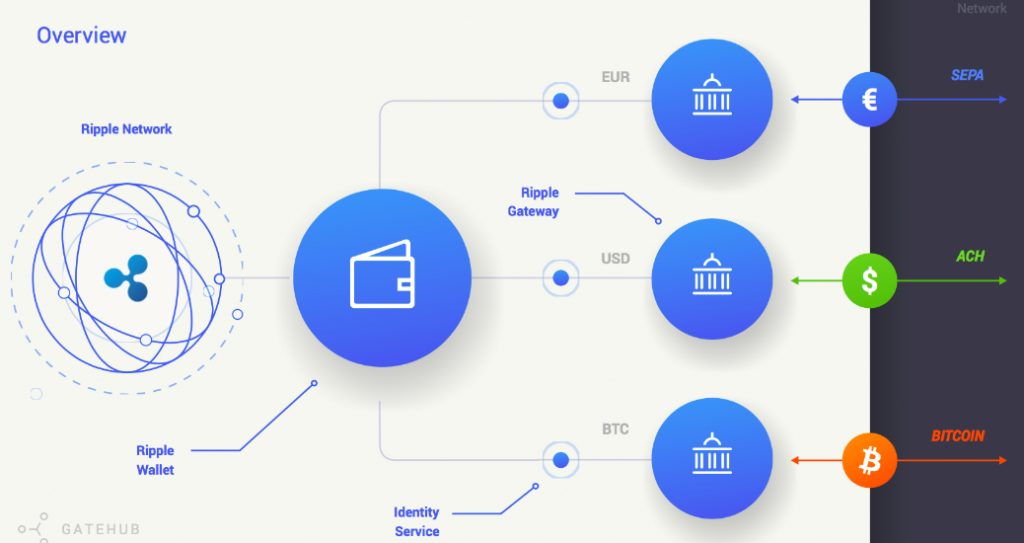
The Decentralization vs. Centralization Debate Decentralization is not a black-and-white concept; it's more of a spectrum. Concerns have been raised about the potential for decentralized blockchains to become centralized over time due to factors like mining centralization and developer influence.
Advantages and Disadvantages of Decentralization Decentralization offers numerous benefits, including enhanced security, immutability, and personal financial freedom. However, it also presents challenges like energy inefficiency, token volatility, and scalability issues.
The Role of Crypto Wallets in Decentralization Crypto wallets can be either custodial or non-custodial. Non-custodial wallets are decentralized, giving users full control over their private keys, while custodial wallets rely on third-party exchanges for key management.
The Future of Decentralization Decentralization is poised to play a pivotal role in the development of Web3, a vision for a more community-controlled Internet. However, challenges like mainstream adoption, lack of protection measures, and increased regulation could impact its evolution.

Conclusion Decentralization is a core principle of cryptocurrency, providing a secure and trustless environment for managing assets. As we move towards a decentralized future, understanding its mechanics is crucial for navigating the evolving digital landscape.
FAQs
- What are DeFi Apps? Decentralized applications (DeFi Apps) are built on decentralized networks and can be used for financial services, trading, or executing smart contracts.
- What is Administrative Decentralization? This is when decision-making power is delegated to local governments, allowing them to respond quickly to local issues.
- Does Political Decentralization Exist? Yes, political decentralization involves central governments delegating functions and resources to lower-level elected representatives.

